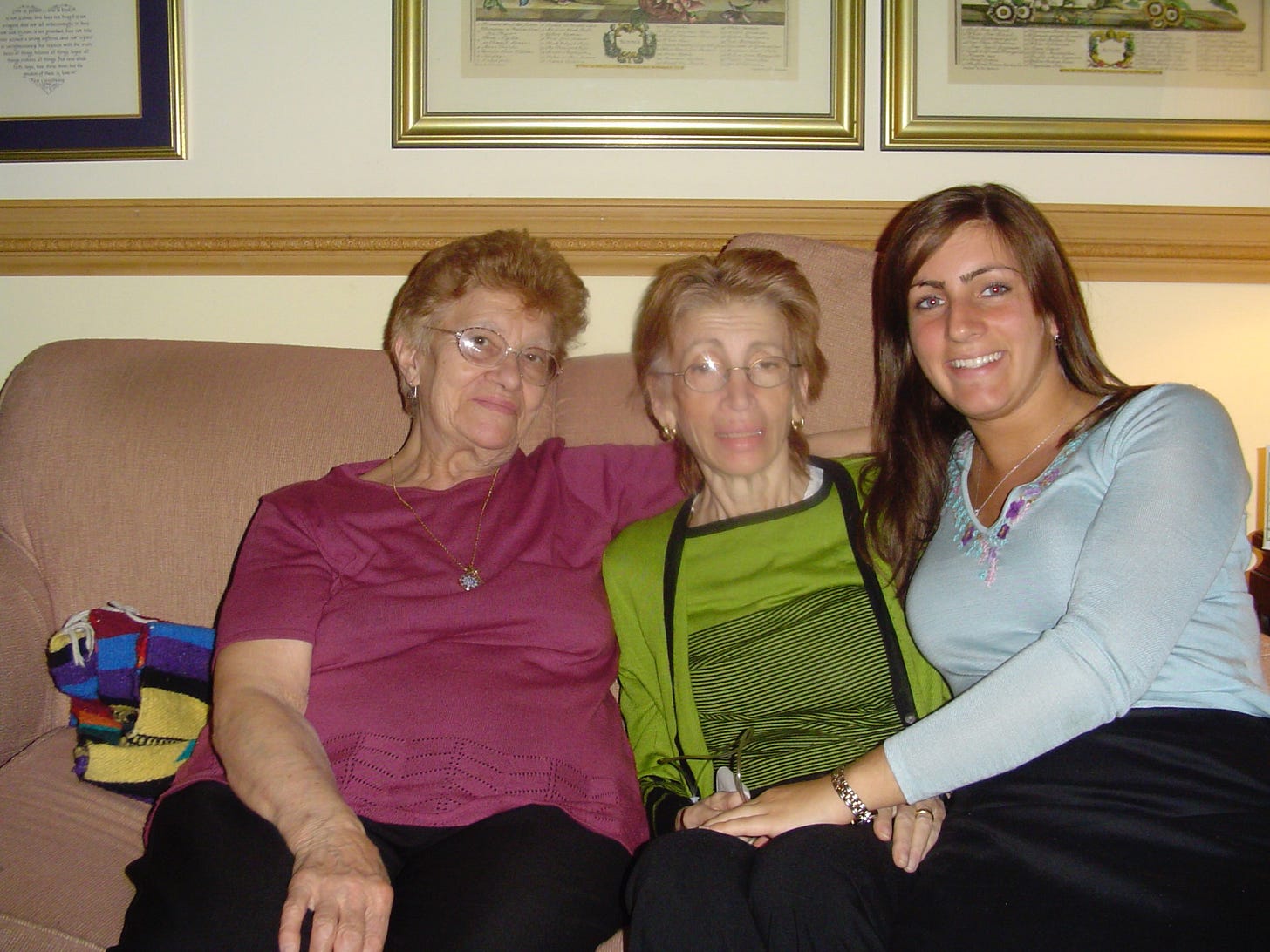Life with a rare syndrome
Peutz-Jeghers syndrome once defined my life and death.
June 4 is always a tough day for me.
If we know each other well enough, chances are you have heard me talk about my mom. She passed away 21 years ago today.
I bring this up because she had Peutz-Jeghers syndrome (PJS), a rare and often missed or misdiagnosed condition. Fewer that 7,000 in the United States have it.
I will not go down that rabbit hole, bu…



